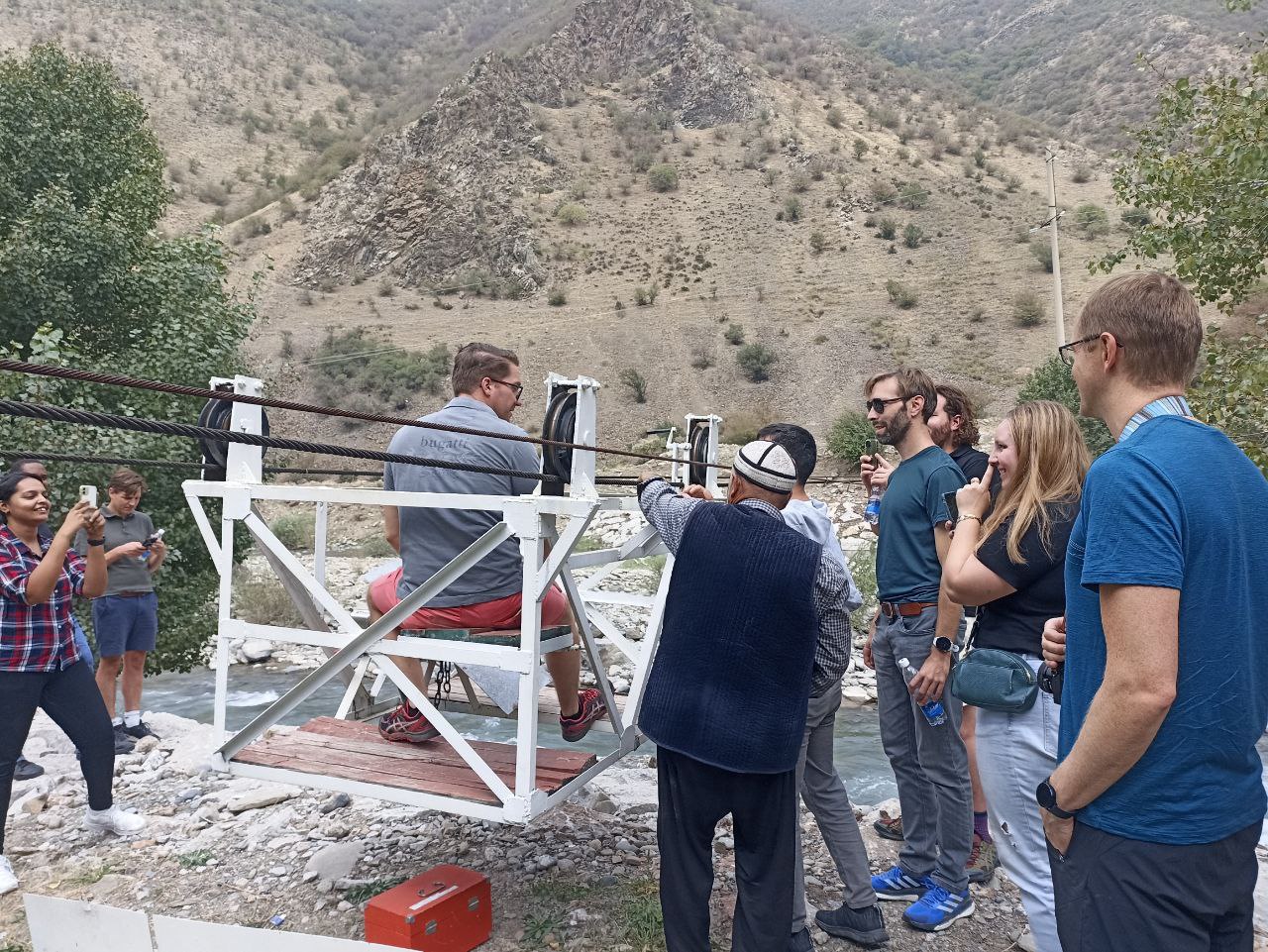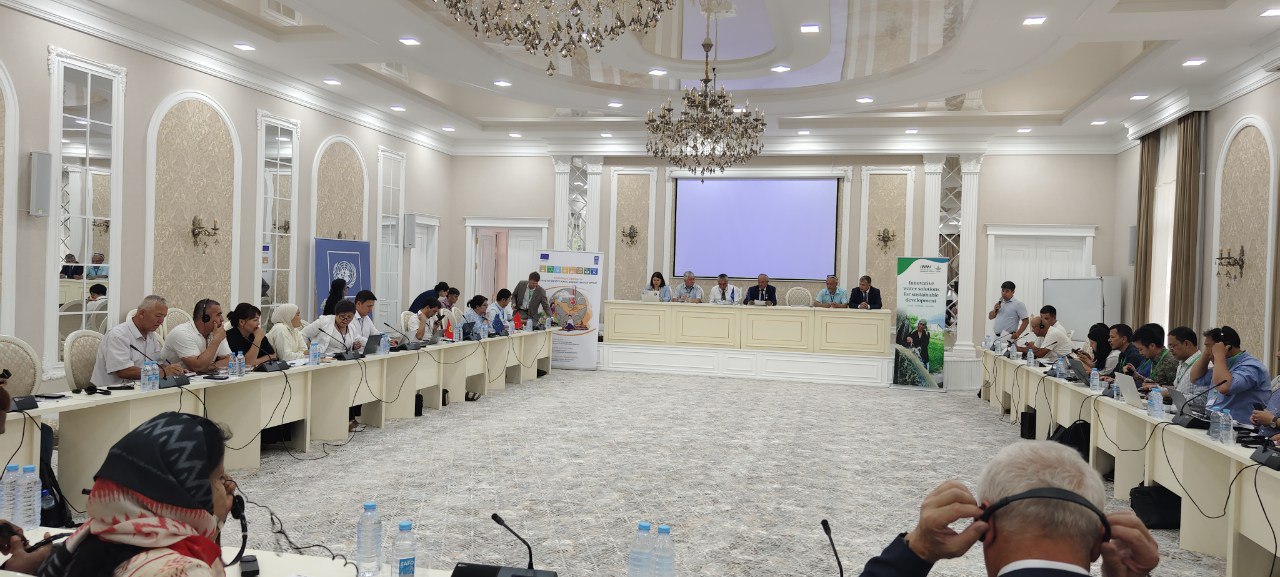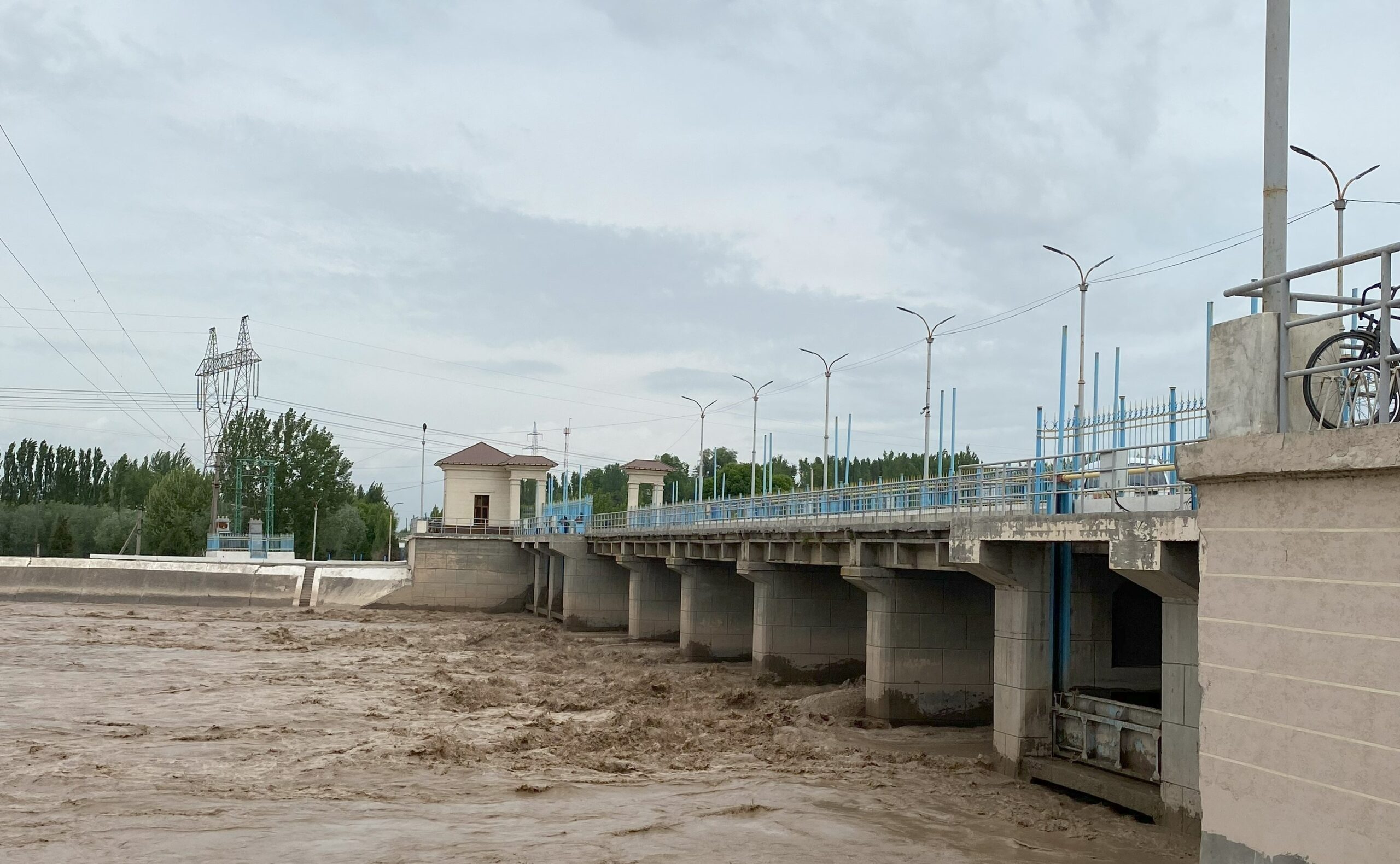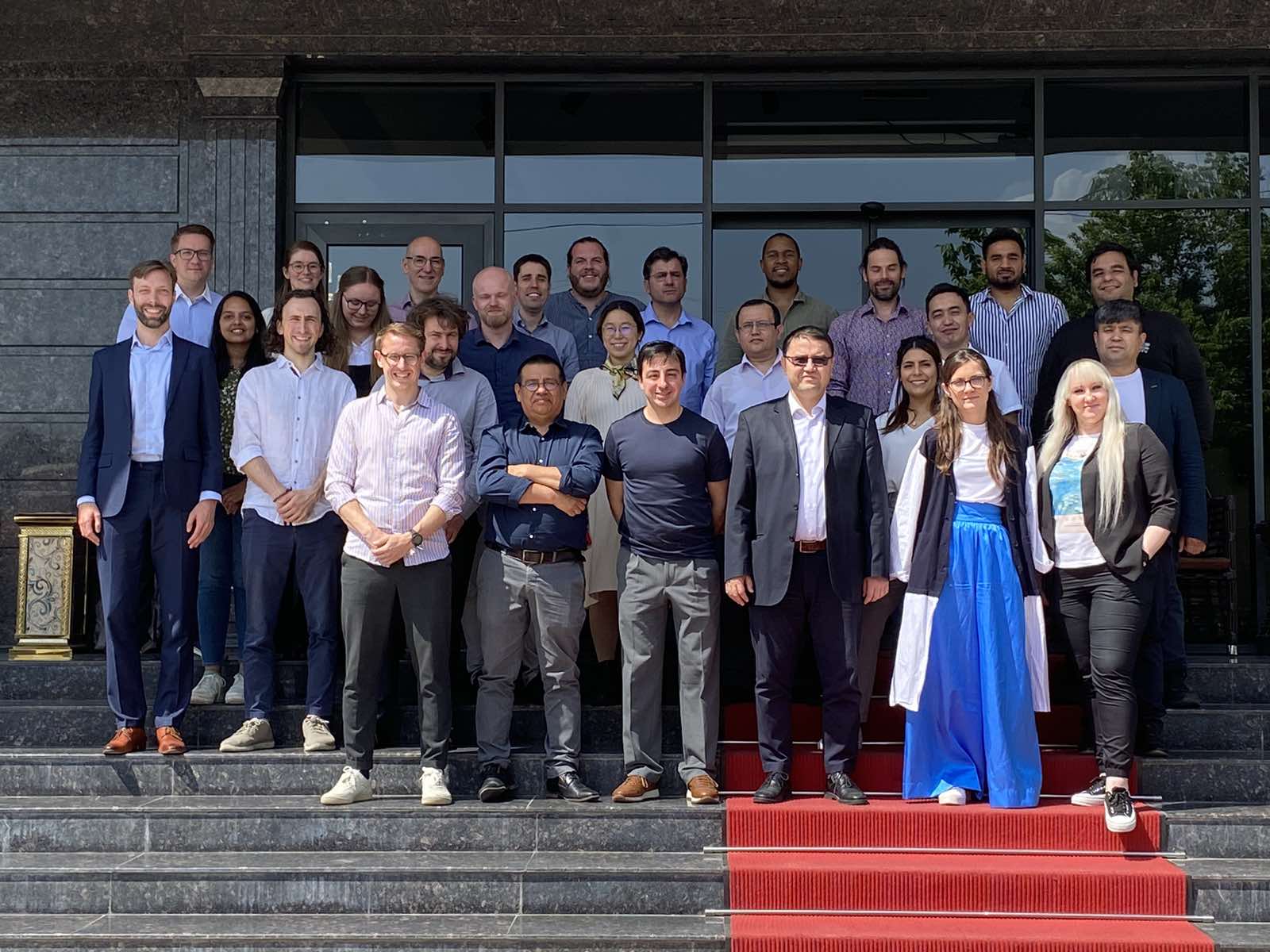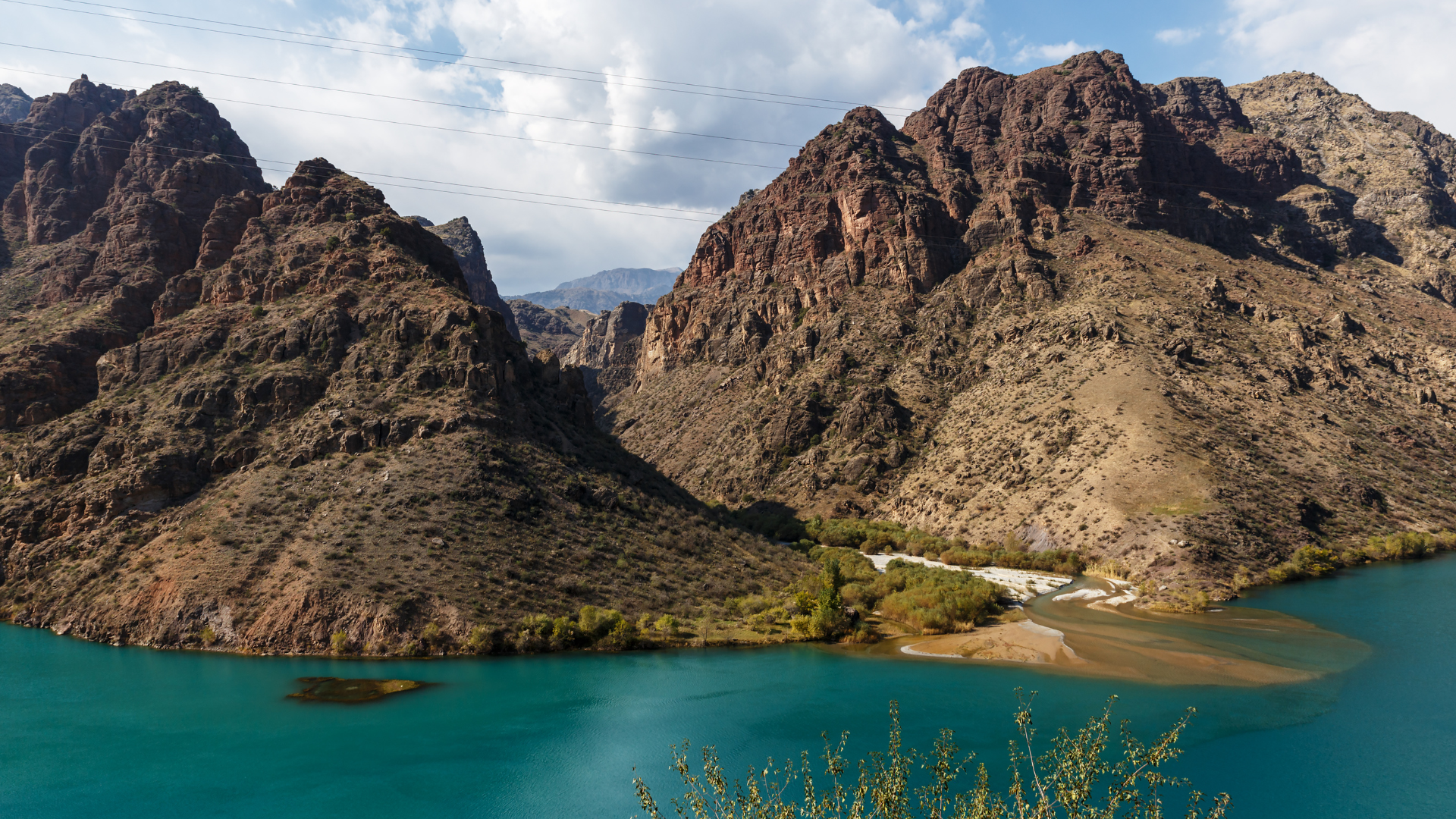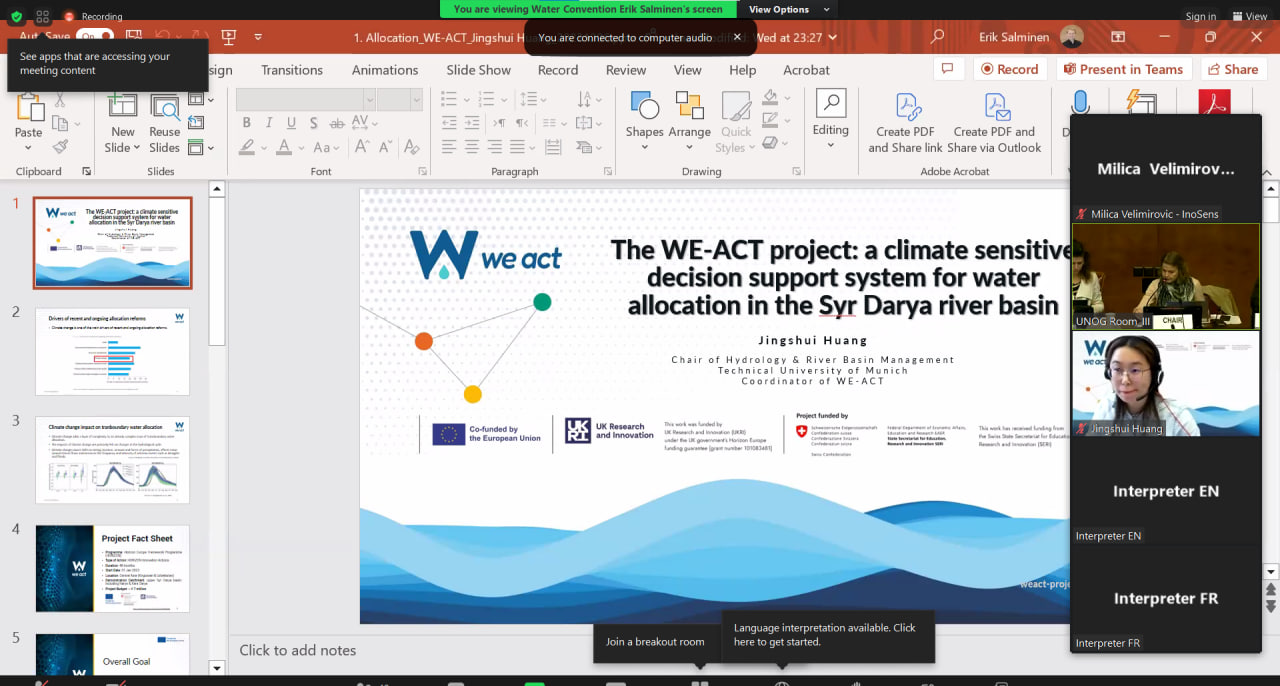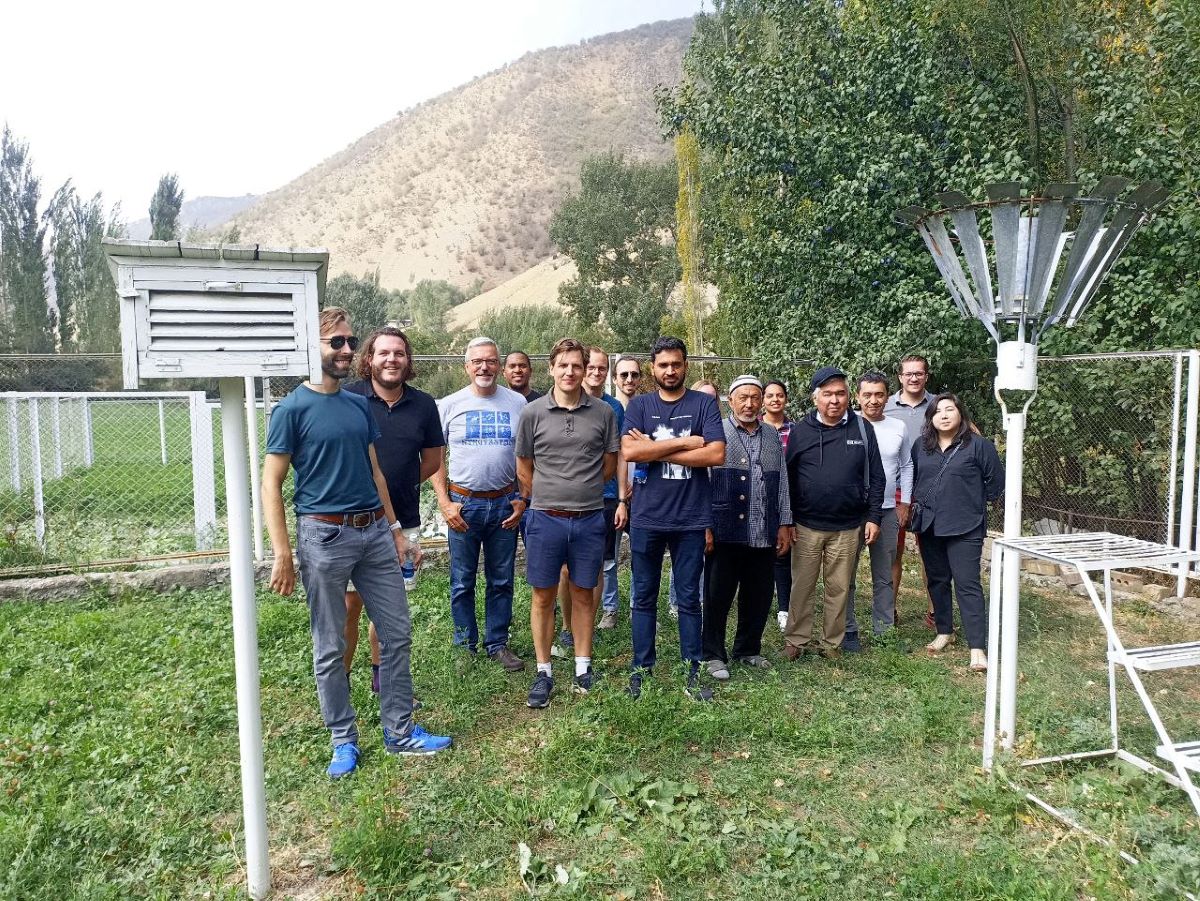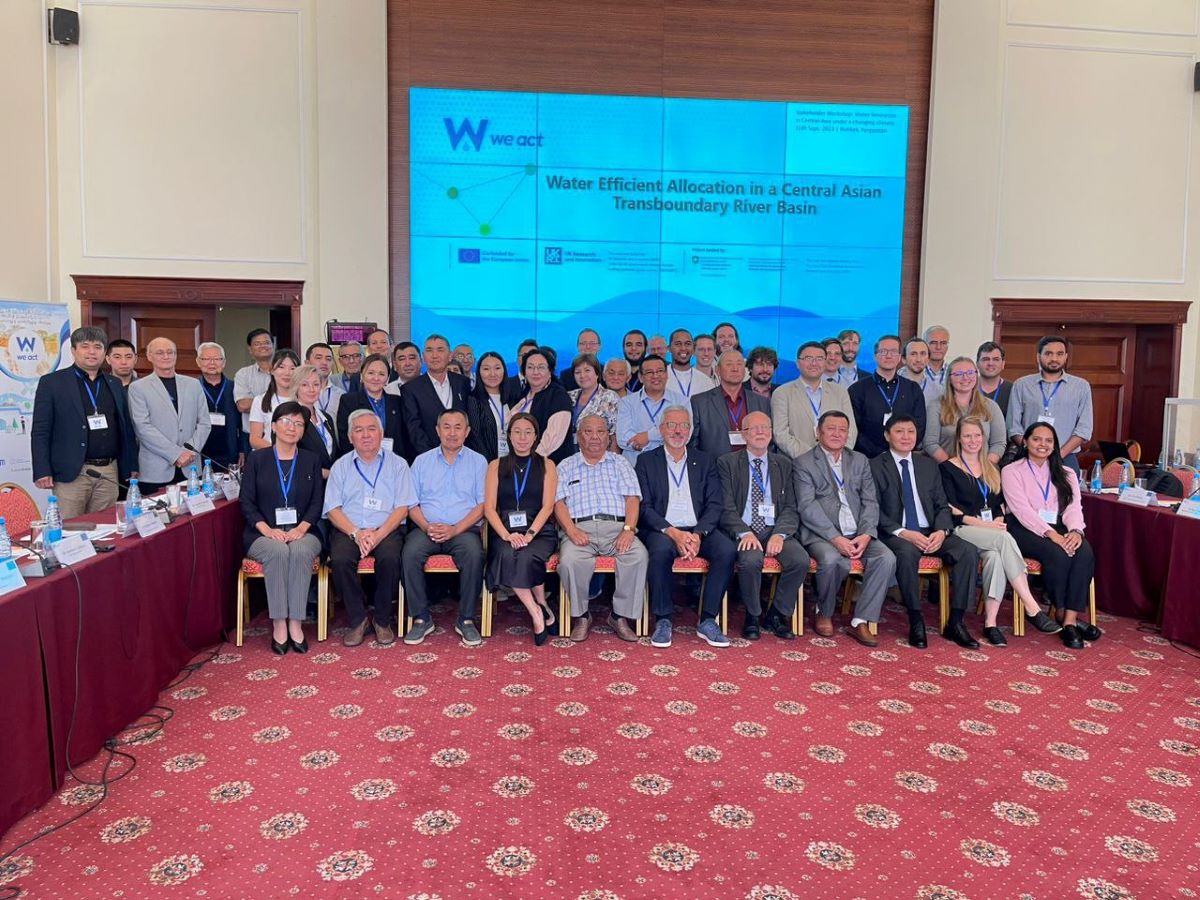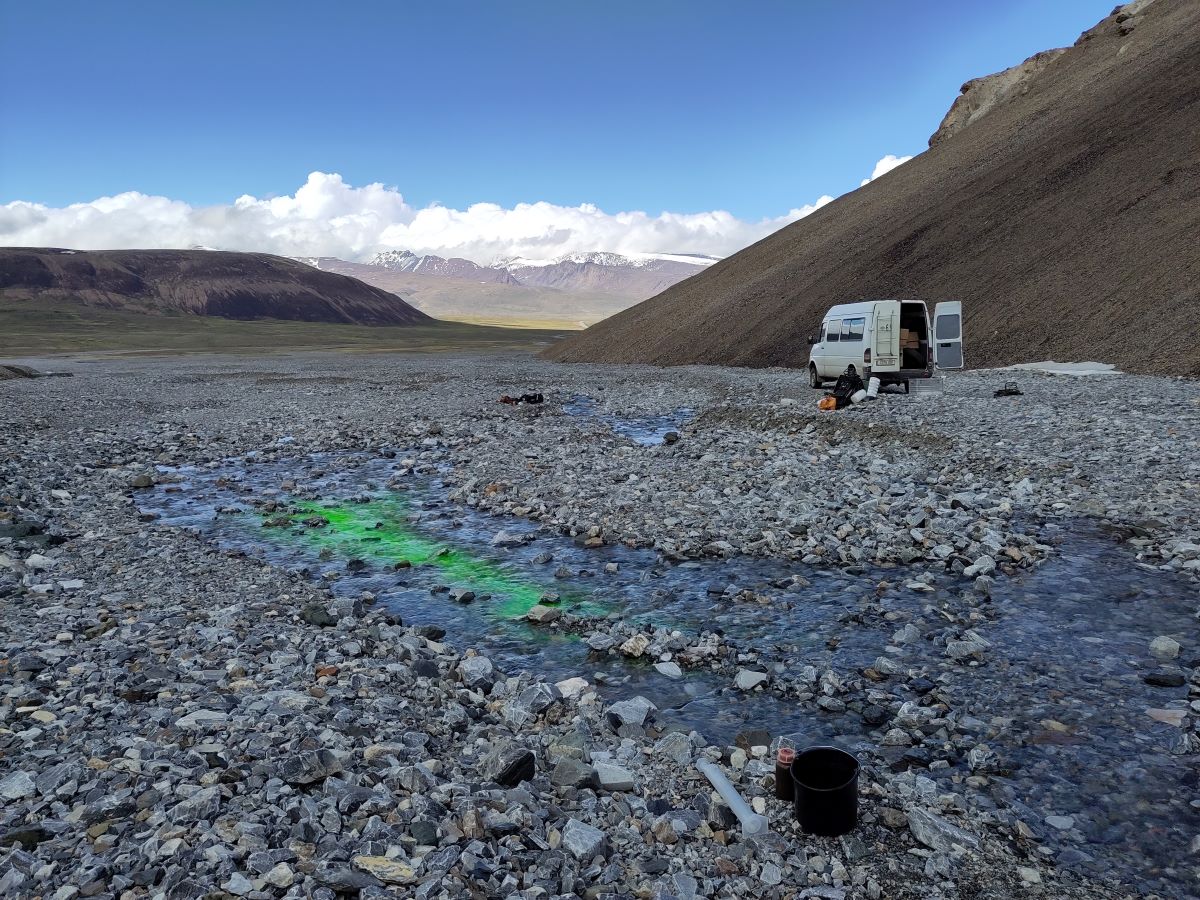On February 9, 2024, the WE-ACT webinar, coinciding with the International Day of Women in Science, spotlighted the crucial role of women in the water sector. The webinar is organized in collaboration with the Hydro4U project. Hydro4U aims to demonstrate European small hydropower equipment and technologies in Central Asia, thus contributing to a sustainable and climate-resilient future for the region. The project is funded under the European Union’s Horizon 2020 programme.
Esteemed professionals from science, policy, and industry convened to discuss the pivotal contributions and unique challenges faced by women in water management. The event underscored the necessity of gender inclusivity, showcasing innovative solutions to water management challenges.
Experts highlighted the significance of collaborative approaches, network building, and the implementation of gender-sensitive initiatives. Tools like the Water Gender Toolkit and FAO’s reports on water and migration were discussed, illuminating paths toward sustainable water management and gender equity.
Insights and Challenges in Empowering Women Across the Global Water Sector
Current status of women in water sector
During open discussion, speakers reflected on the evolving gender dynamics in the water sector. Ms Naomi Timmer noted a shift towards greater diversity and inclusivity, albeit acknowledging that significant progress is still needed. The discussion emphasised the importance of not only discussing these issues but also taking concrete actions to address them, such as providing training and support for young professionals and ensuring equal representation.
Prof. Dr. Nurzat Totubaeva with her extensive experience in science and leadership mentioned that the status of women in environmental projects and education reflects a significant female presence in Kyrgyzstan. However, the lack of their representation in decision-making, especially regarding water and land issues, underscores the need for greater inclusion and balance in decision-making processes.
Considering the transboundary aspect of our project and the presence of different sectors in the webinar, we also wanted to shed light on the global-level aspects of the water deficit. With a special focus on migration and its uneven impact on women, this discussion further highlighted the interconnected challenges faced by women on a global scale. Prof. Dr. Nidhi Nagabhatla emphasizes the multifaceted impact of water-induced migration and forced displacement, highlighting case studies that illustrate both the challenges and potential solutions. They stress the importance of revisiting legal and regulatory norms, diversifying expertise in water governance, and addressing gender-blind policies to achieve transformative change on a global scale.
Challenges faced by women in the field
Ms Saida Usmonova opened the discussion by highlighting the importance of embracing the uniqueness of one’s journey and encourages women to step out of traditional roles, explore opportunities aligned with their passions, and seek mentorship and support networks to contribute their unique perspectives to projects, thus empowering women in the water sector in Central Asia. This underscores the necessity for organizations to actively promote diversity and inclusion to encourage more women to pursue careers in the field.
Per Prof. Dr. Ing. Jingshui Huang the water sector in Central Asia is still strongly dominated by males, highlighting the importance of female role models and perspectives in challenging traditional gender norms and stereotypes. Education, especially higher education for young females, is crucial, and initiatives like ensuring female representation in stakeholder meetings contribute to fostering a more inclusive society.
The final segment of the open discussion focused on the Path Forward for Empowering Women in the Water Sector
The concluding segment of the open discussion delved into the future prospects for empowering women in the water sector. Ms Meadow Poplawsky emphasized the importance of finding support systems and building networks with others, regardless of gender, to navigate male-dominated fields like water management. She advised seeking mentorship from women and those admired in the field, while also maintaining a personal connection and intrinsic motivation to persevere through challenges. She stressed the significance of recognizing that one’s voice is valuable and necessary for developing inclusive solutions and transforming the future of water management.
Continuing the dialogue, Ms Hannah Schwedhelm underscored the importance of cultural and gender diversity in international water projects, emphasizing that fostering a diverse workforce, inclusive of women in various roles, leads to more effective and holistic solutions. She advocates for creating project environments where women can occupy positions across all levels, highlighting the benefits of diverse perspectives and skills in advancing water management initiatives.
As we gained insights from institutional perspectives and explored the importance of proactive measures within organizations, lastly, we turned to the community aspect of the way forward for women in water.
Ms Kathryn Pharr founder of the Community of Women in Water, emphasized the significance of taking action within organizations to promote gender equality in the water sector. They highlighted the need for comprehensive reviews of internal systems, including policies related to pay equity and promotion processes, stressing their importance in fostering a fair and inclusive workplace. Furthermore, the speaker underscored the crucial role of organizational culture in ensuring that equality policies are embraced and implemented by all employees, emphasizing the collective effort required to create a supportive environment for women in the field.
The webinar was a beacon for ongoing dialogue and action. It called on professionals and enthusiasts alike to contribute to a more inclusive and sustainable water sector, underlining the power of collective effort in driving meaningful change. In embracing the insights and collaborative spirit of the WE-ACT webinar, we are reminded of the strength found in diversity and the imperative to continue pushing for gender equity in all sectors, particularly in water management.
The event also provided valuable networking opportunities, allowing participants to exchange contact information, discuss new publications in the water and women sectors, and share existing opportunities for further engagement.
Working for more than 30 years in the field of environmental protection, I realized that only a woman, with her natural sensitivity and creativity, can deeply feel the state of mother Earth and its ecosystems and propose effective measures for its preservation.
Prof. Dr. Nurzat Totubaeva Tweet

